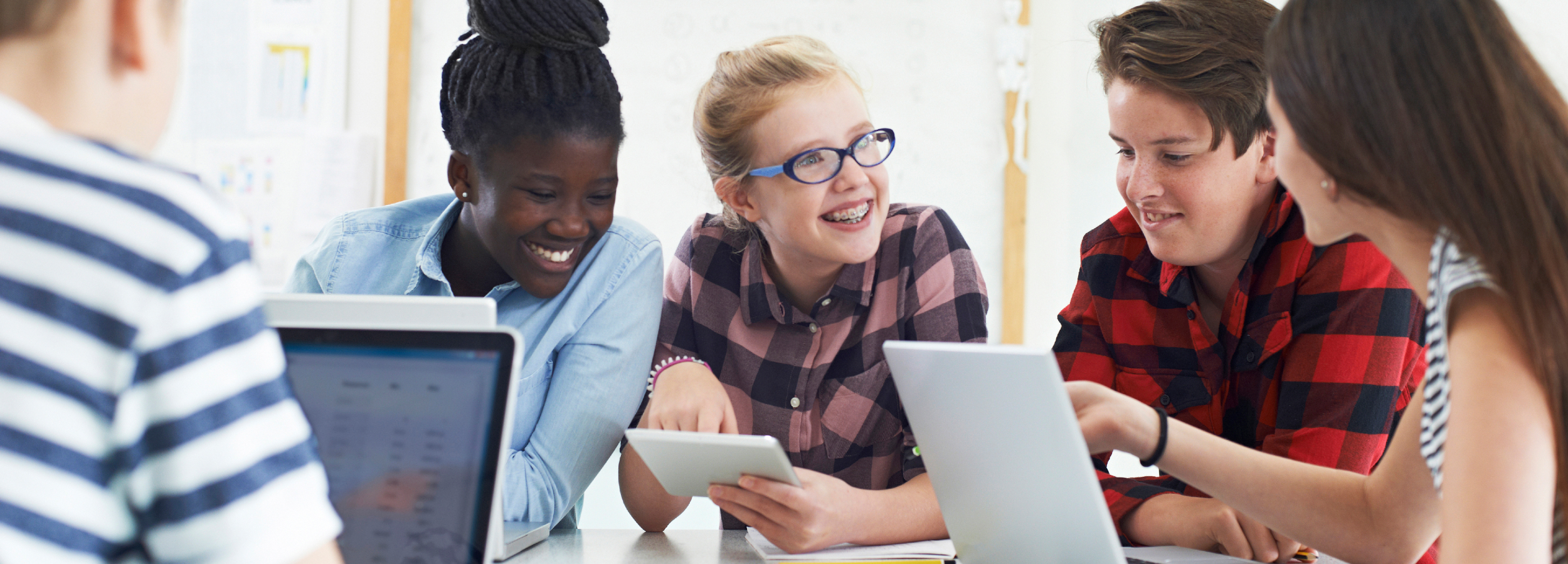 How are today’s young Portuguese children engaging with screens? How are parents balancing digital media in their children’s lives? In this post, Cristina Ponte, Teresa Sofia Castro, José Alberto Simões, Susana Batista and Ana Jorge show that many parents would rather have their
How are today’s young Portuguese children engaging with screens? How are parents balancing digital media in their children’s lives? In this post, Cristina Ponte, Teresa Sofia Castro, José Alberto Simões, Susana Batista and Ana Jorge show that many parents would rather have their  children involved with other activities than watching TV, but that most parents also use screens as a way to keep children quiet while parents work around the house. This post explores their research from EU Kids Online Portugal, Growing Up Between Screens1. [Header image credit: E. Solheim, CC BY-SA 2.0]
children involved with other activities than watching TV, but that most parents also use screens as a way to keep children quiet while parents work around the house. This post explores their research from EU Kids Online Portugal, Growing Up Between Screens1. [Header image credit: E. Solheim, CC BY-SA 2.0]
Our study captured the voices of Portuguese parents and children aged 3 to 8. Half of the parents have grown up with digital media, and are raising their children in a developing connected media landscape. New layers of digital possibilities in the family raise new questions for researching childhood. Very young children with access are showing increased digital participation, which means we need stimulating approaches to support parents.
The study combined a national survey (656 families) with interviews and observations in 20 households in which the children have access to digital media.
More educated and tech-savvy parents tend to replicate previous generations’ guidance, focusing on protecting their children from exposure to new digital media, with the TV still playing a central role. Weighing up the pros and cons, these parents would rather have their children miss out on some age-appropriate internet opportunities, such as games, video tutorials and other interactive activities, relying more on TV.
Television vs internet use
Children prefer private TV channels targeted at them that have a strong merchandise market (e.g. Panda and Disney), and parents trust such resources to have appropriate content. For some, the TV screen is a family bonding habit, bringing them together after dinnertime, watching content such as telenovelas and sport.
Children’s access to TV and their ability to handle the remote control varies according to the parental mediation style:
- Children with more autonomy were more confident using the remote control and handling more complex functions, such as fast forwarding, rewinding and searching for their favourite shows to watch on demand.
- More restrictive attitudes were generally observed in families with girls, who were not encouraged to develop their operational skills, with parents remaining more in control.
We found the high number of parents who report that their children do not use the internet surprising. According to the parents, just 38% of 3- to 8-year-olds use the internet (3 to 5: 22%; 6 to 8: 62%). As the graph below shows, differences related to children’s sex are minimal, but the gap between high socioeconomic status and others matters in terms of providing online access.
Access to the internet is mainly through tablets and the mother’s smartphone, and mostly observed with pre-school children. Nevertheless, nearly half of the 3- to 8-year-old children with access to the internet go online using their own device. Unpredictably, a disconnection-oriented intervention is mostly fostered by parents who are ‘digital natives’ themselves.
How much is too much?
Parents are more concerned regarding screen content than screen time, with results echoing the 2010’s EU Kids Online survey findings:
- 66% agree that TV programmes may show inappropriate content (sex or violence).
- 69% agree that the child may not find suitable content for their age when online.
Nearly half (47%) of the Portuguese parents agree with the statement: “I prefer to see my child involved with other activities rather than watching TV.” Despite efforts to offer children a balanced life, a significant number of parents reported using screens to meet their own needs:
- 75% take advantage of them to keep the child quiet while they engage in household chores in another part of the house
- 50% use them to distract the child when they need relaxing, quality time for themselves
60% say they prefer to have their child busy with non-screen activities, but some rely on screens to help their children manage daily routines, like eating their meals, waking up and getting dressed.
Turning to the digital for education
Parents are positive about the learning opportunities to be gained from digital activities, which can scaffold children’s learning. This includes practical skills using screens, motor skills through games, expression skills, sociability, creativity, imagination and autonomy, which is shown by many other studies.
However, more than a third of the parents whose children access the internet are not able to identify their children’s digital competencies besides operational skills.
When online, the children tend to engage and search for recreational content (e.g. tutorials, cosplay, music and ‘unboxing’ videos), using Google or following YouTube’s suggestions. For some children, using screens seems to stimulate self-taught skills, as Lara (aged 6) says: “I use the tablet to learning to write.”
Parents see added value in games and the internet when it enhances children’s proficiencies, including dexterity, problem-solving, language learning, calculations, social skills, digital literacy or even personal hygiene.
According to the parents, school is a relevant place where children can access the internet. However, only around one-fifth of the 6- to 8-year-olds said they use the internet at school, half the number indicated by their parents.
Conclusions
Contrary to expectations, our findings seem to refute the idea that everyone is exploring digital possibilities. The Portuguese parents’ justification of internet access deferral seems to follow the premise that the child is “too young for it”, identified in previous research 10 years ago with a different cohort of parents and media landscape, and supported by a culture of protectionism corroborated more recently in Southern European countries.
This suggests that a protective-oriented culture is intrinsically grounded in Portuguese childrearing and parenting ideals. The parents seem to grant controlled access and validate the digital delay under the premise that it will be inevitable as their children grow older and gain more autonomy. They are confident of their children’s dexterity in being able to catch up easily with digital demands.
Notes
1 This study, carried out in 2016, was funded by ERC, the Portuguese Authority for Media Regulation
This post gives the views of the authors and does not represent the position of the LSE Parenting for a Digital Future blog, nor of the London School of Economics and Political Science.






